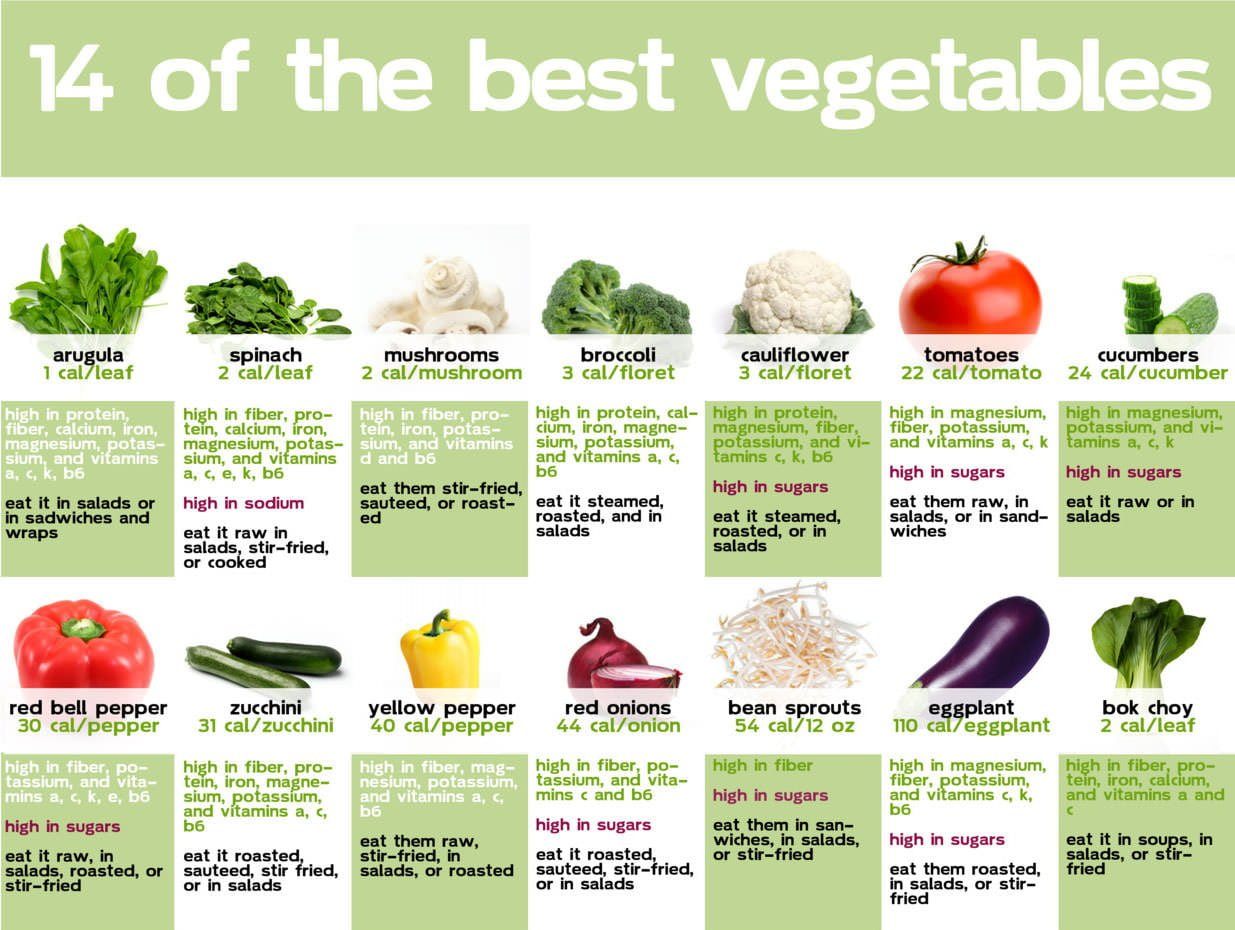According to a study, how vegetable and fruit consumption impacts colorectal cancer differs by site of origin. The study revealed that within the distal and proximal colon, consumption of brassica vegetables (cabbage, Brussels sprouts, broccoli and cauliflower) were linked to reduced risk of these cancers. A reduced distal colon cancer risk was linked to higher apple consumption, however a higher rectal cancer risk was observed with the increase of fruit juice consumption.1✅ JOURNAL REFERENCE
DOI: 10.1016/j.jada.2011.07.008
Vegetables and fruit have been extensively examined in nutritional studies with regards to colorectal cancer, but there has been debate concerning their protective effect, likely due to different effects on different large bowel subsites. It might be that some of the confusion regarding the diet and cancer risk relationship is because that earlier studies didn’t consider the site of the colorectal cancer. Replication of these results in large studies could help establish if a higher consumption of vegetables is a way to reduce the risk of distal colorectal cancer.
The study researched the link between vegetables and fruits and 3 cancers in different areas of the bowel: distal colon cancer, rectal cancer and proximal colon cancer. The study consisted of 918 individuals having a confirmed colorectal cancer diagnosis and 1021 control individuals without any history of colorectal cancer. The individuals completed comprehensive nutritional and medical questionnaires and were given a socioeconomic status according to their home address.
Brassica vegetable consumption was linked to reduced incidence of proximal colon cancer. Both total vegetable and fruit consumption and total vegetable consumption seemed to decrease distal colon cancer risk. There was a significant decrease risk of distal colon cancer with apple and dark yellow vegetable consumption, although fruit juice consumption was linked to a higher risk for rectal cancer. Rectal cancer and proximal colon cancer risk wasn’t linked to consumption of total vegetable and fruit, total fruit or total vegetable.
Earlier studies on colorectal cancer have sometimes failed in distinguishing between the different large bowel cancer sites of origin, although it’s now well known that development of proximal colon tumors takes place along different pathways compared to the pathways of the rectum and distal colon and that cancer risk differs by subsite within the colorectum. How different dietary components affect different large bowel sites hasn’t yet been established.
